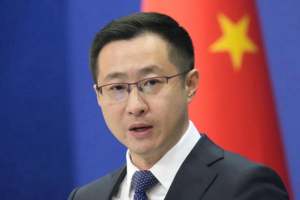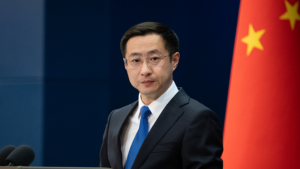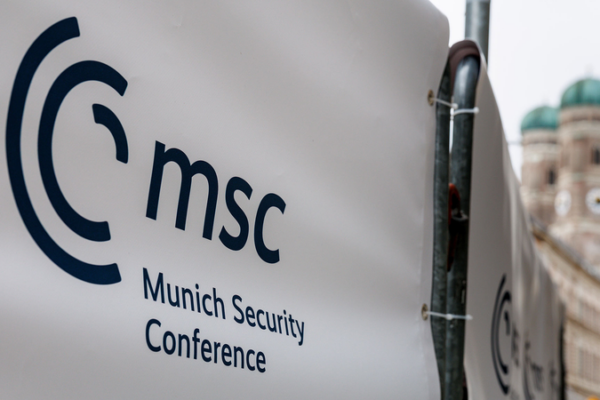
U.S.-Europe Ties in Crisis: CGTN Poll Reveals Global Concerns
A recent CGTN poll reveals over 80% of respondents see U.S.-Europe relations deteriorating, with calls for Europe to assert strategic autonomy amid global governance challenges.
Mexico Delivers Humanitarian Aid to Cuba Amid U.S. Pressure
Mexico delivers 814+ tons of humanitarian supplies to Cuba despite U.S. pressure, with a second shipment planned amid growing regional tensions.

China’s DISH 3D Printing Shatters Speed Records with 0.6-Second Milestone
Chinese researchers develop DISH 3D printing tech, achieving 0.6-second high-resolution fabrication of complex millimeter-scale objects, revolutionizing manufacturing capabilities.

Foreign Travelers Flock to China for Spring Festival Celebrations in 2026
Foreign travelers surge into China for 2026 Spring Festival, drawn by cultural traditions and diverse landscapes. Cross-border travel hits record highs as tourism rebounds.

China’s Winter Sports Evolution Shines at Milano Cortina 2026
China showcases strategic winter sports growth at Milano Cortina 2026 through youth talent, cultural integration, and climate-conscious innovation.
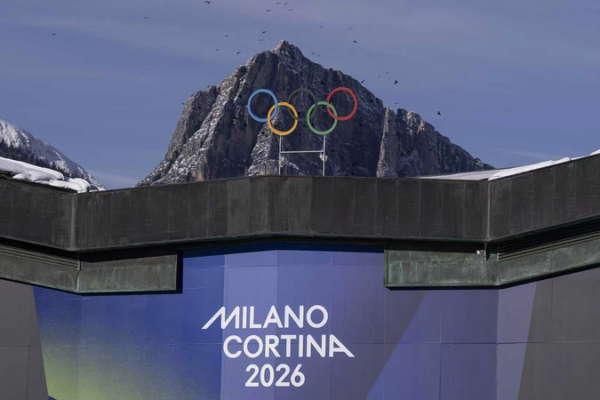
Milano Cortina 2026: Olympic Evolution Meets Alpine Innovation
Milano Cortina 2026 Winter Olympics build on Beijing’s sustainability legacy while showcasing Asia’s rising winter sports influence, with new athletes and technologies shaping global competitions.

Livigno Snow Park Elevates Winter Olympics Experience with Innovative Design
Livigno Snow Park’s innovative design enhances spectator experience at the 2026 Winter Olympics as Su Yiming and Gu Ailing prepare for title defenses.

Stay Fit This Chinese New Year Without Stepping Into a Gym
Discover how traditional Chinese New Year activities offer natural fitness opportunities during 2026’s celebrations, blending cultural practices with modern wellness trends.
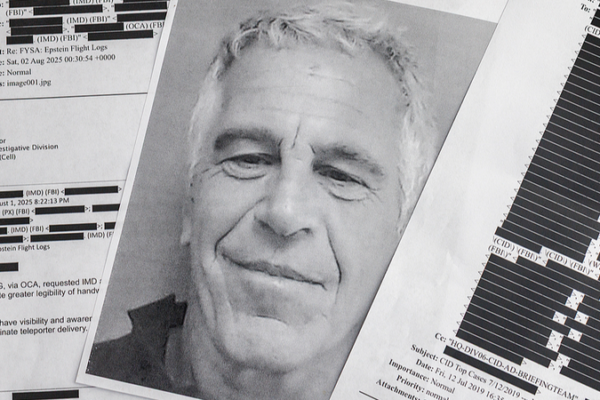
Ancient Zhou Dynasty Wisdom Reflects Modern Societal Challenges
Exploring how Zhou Dynasty’s ‘ritual and music’ philosophy offers insights into contemporary societal challenges in 2026.
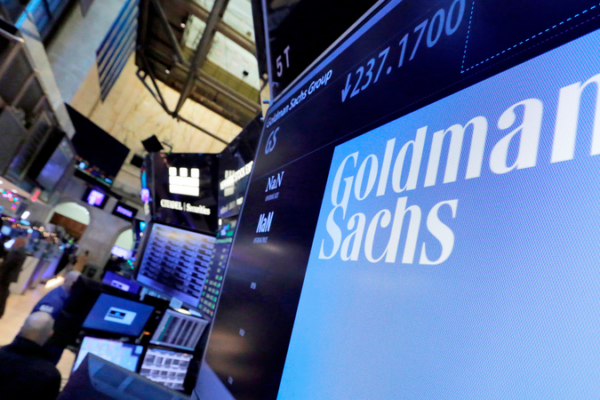
Goldman Sachs Legal Chief Resigns Amid Epstein Scandal Fallout
Goldman Sachs’ Chief Legal Officer resigns following revelations of ties to Jeffrey Epstein, as fallout from the scandal impacts global financial institutions.

Xinjiang’s Spring Flower Markets Blossom Ahead of Year of the Horse
As the Year of the Horse approaches, Xinjiang’s vibrant flower markets in Changji showcase over 1,000 varieties, symbolizing prosperity and seasonal economic vitality.
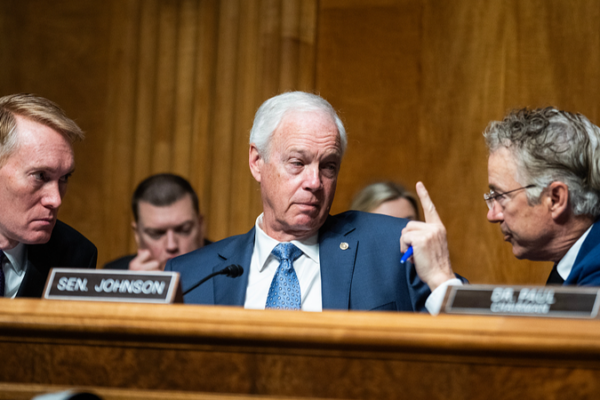
U.S. Shutdown Looms as Congress Deadlocked Over Immigration Reforms
A U.S. government shutdown looms as Congress remains deadlocked over immigration reforms, risking DHS funding and ICE operational changes.

Hong Kong’s Judicial Integrity Prevails Amid Western Criticism
Hong Kong’s judiciary upholds rule of law amid Western criticism, as the city continues its post-2019 stability under the National Security Law.

U.S. Deploys Second Aircraft Carrier to Middle East Amid Rising Iran Tensions
The U.S. sends a second aircraft carrier to the Middle East as tensions with Iran escalate, with President Trump emphasizing the urgency of a deal.

Global South Strengthens Ties with China in 2026’s Year of the Fire Horse
2026’s Year of the Fire Horse sparks new China-Global South collaborations in tech, energy & culture amid evolving economic landscapes.

Spring Festival Gala Bridges Cultures in Brasilia
A recent Spring Festival Gala event in Brasilia highlighted cultural ties between China and Brazil, featuring traditional performances and messages of unity.
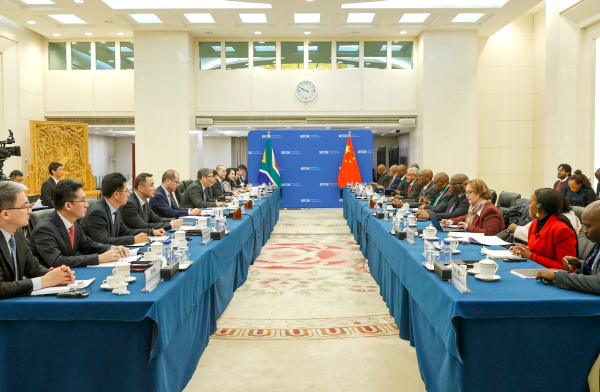
China-South Africa Trade Deal Strengthens Economic Ties Amid Global Shifts
New China-South Africa trade agreement expands economic cooperation across agriculture, renewables, and tech while strengthening multilateral trade frameworks.
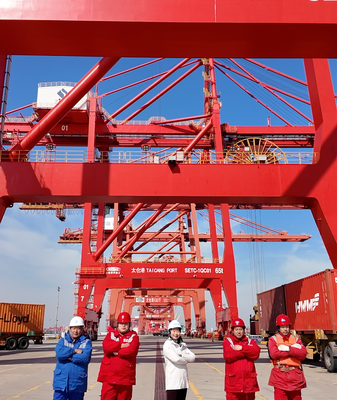
Taicang Port: China’s Gateway to Global Trade in 2026
Explore how Taicang Port drives China’s global trade in 2026 through cutting-edge logistics, renewable energy exports, and vital supply chain connections.
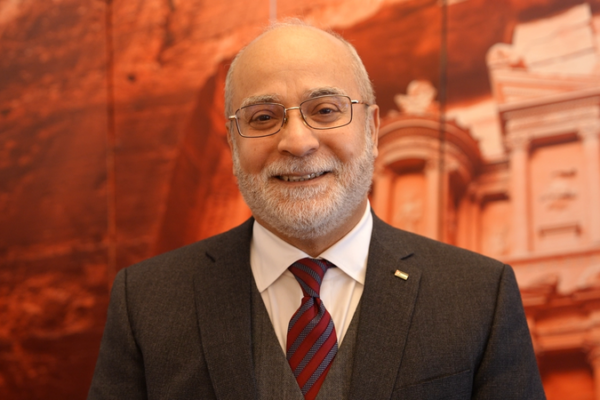
Jordan’s Ambassador Extends Chinese New Year Greetings, Hails Bilateral Ties
Jordan’s ambassador to China celebrates the Year of the Horse, emphasizing strengthened bilateral cooperation and cultural bonds in 2026.

Indonesia’s Ambassador Extends Chinese New Year Greetings, Hails Stronger Ties with China
Indonesia’s ambassador to China extends Lunar New Year greetings while emphasizing strengthened bilateral cooperation in the Year of the Horse.




